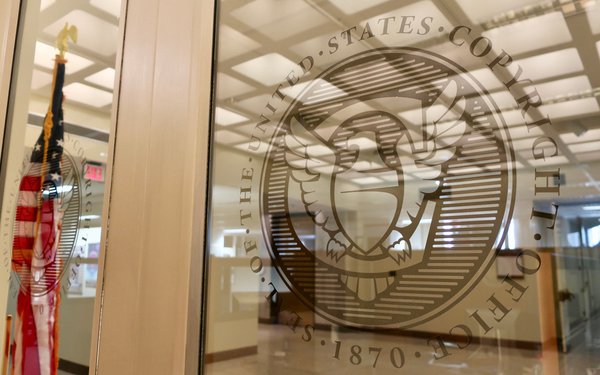
Publishers have been handed a long-awaited victory. The U.S.
Copyright Office has adopted a rule allowing a more convenient and less expensive way of registering online content for copyright.
Initially proposed in January,
the rule allows news publishers to submit their home page once per month. The previous system required the submission of complete websites each day, according to News/Media Alliance, which applauded
the change.
“This is a significant development that allows publishers to effectively protect and fight against the systemic misappropriation of their content online,”
says Danielle Coffey, president and CEO of the News/Media Alliance. “This option has been a long time coming and we applaud the Copyright Office for taking this important step
forward.”
advertisement
advertisement
The new rule applies to news websites and is the same as group registration for newspapers, which took effect in 2018.
When proposing the new rule,
the Copyright Office said it would allow news publishers to register a group of updates as a collective work and not have to deposit the entire contents of the
website.
This would address “the challenges associated with existing registration options for frequently updated news websites,” the Copyright Office
stated. “The rapid pace at which many web-based materials are created and updated presents a challenge for copyright owners seeking to protect online news works.”
The Copyright
Office made two changes in response to comments about the home page deposit requirement. For one, it provides “an alternative to the ‘complete copy of the home page," requirement where
submitting a complete copy is not feasible due to the size or continuous nature of the home page. In such circumstances, applicants may ‘‘submit the first 25 pages of the home page that
demonstrates updates from the previous deposit copy,’’ the rule states. It also has responded to comments about the application form.
However, the Copyright Office did not
allow forms of content other than news.
The rule does more than simply streamline the process.
“Dominant technology companies and artificial intelligence developers,
along with other websites and aggregators, systemically take and use publisher content, far too often without authorization or compensation,” Coffey says. “Efficient and meaningful
copyright protection and enforcement is vital for preserving access to high-quality journalism for the communities our members serve.”
Coffey adds, “Without this vital service, we
risk a future of low-quality information that harms the health of our democracy.”